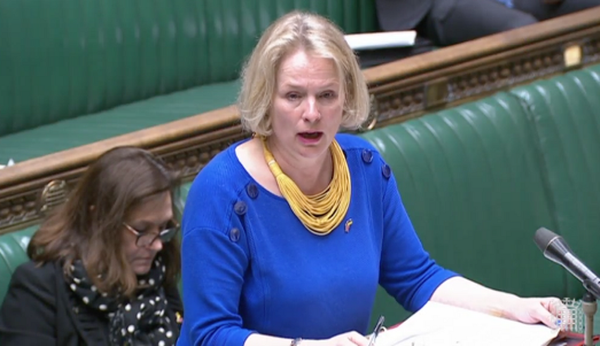
Thousands of women have used the Home Office’s online reporting tool to report feeling unsafe while walking around at night in London.
The Metropolitan Police have pledged to place more patrols on the streets of the capital after it received 3,272 reports of people feeling unsafe since the tool launched in September last year.
Almost three-quarters (73 per cent) of the reports have come from women, according to the force.
Majority of reports relate to poor street lighting and lack of CCTV coverage. Hundreds of people also made reports relating to verbal harassment and signs of drug use and supply.
The Met said that most of hotspot areas are in and around town centres and transport hubs.
Information collection by the national online reporting tool StreetSafe has led to police targeting patrols and operations in these areas.
Arrests have been made as a result of targeted patrols for a range of offences, from public order and anti-social behaviour offences to drug-related crime and violence, the force said.
Extra patrols were put in place in Croydon, south London, after police received reports of street drinkers, wolf whistling and women and schoolgirls being harassed.
According to the Met, it led to a drop in reports of violence against women and girls in the area.
StreetSafe is a pilot service that allows anyone to report public places where they have felt, or feel unsafe.
It was launched as part of the Met’s Tackling Violence Against Women and Girls Strategy, following the death of Sarah Everard, who was killed by former Met Police officer Wayne Couzens, in March 2021.
Other high-profile deaths in recent years also include Sabina Nessa, who was murdered in September 2021 as she walked through a park in Kidbrooke, and sisters Bibaa Henry and Nicole Smallman, who were stabbed to death in Fryent Country Park, north-west London, in June 2020.
However, it is not for reporting crime or incidents and people are still urged to call 101 or 999 depending on the nature of the crime.
When a report about an area in a particular borough is made, it is passed to the police borough’s designated point of contact for the service.
They share it more widely, so it can be used to inform local patrols and targeted violence against women and girls activity.
The Violent Crime Taskforce coordinates officers across London using the reports to understand key issues and respond with the right measures.
The force’s Operation Verona also uses reports made through StreetSafe, with officers regularly patrolling areas alongside community volunteers to give a reassuring presence while engaging with the wider community and licensed premises.
Superintendent Andy Brittain, who leads the initiative for the Met, said: “It is fantastic that so many people, both men and women, have taken the time to use StreetSafe to report their concerns about places where they feel unsafe.
“Local policing teams are already using this valuable information about very specific locations to target anti-social behaviour and other issues that communities have told us about.
“We are refining how we make the most of the rich source of information and translating it into making public places safer.”
Brittain added that the efforts are part of the force’s “firm commitment” to “rebuilding the trust and confidence and tackling violence against women and girls”.
It comes after a YouGov poll carried out on behalf of the End Violence Against Women (EVAW) coalition, found that 47 per cent of women and 40 per cent of men polled said their trust in the police decreased following the crimes of Couzens.
“I want Londoners to know that we are listening to their concerns and we are acting on them. StreetSafe is helping us work smarter and better,” Brittain said.
“We would urge people to continue to use StreetSafe - it is helping us respond quickly to community concerns, and make communities safer for everyone.”
Additional reporting by PA










